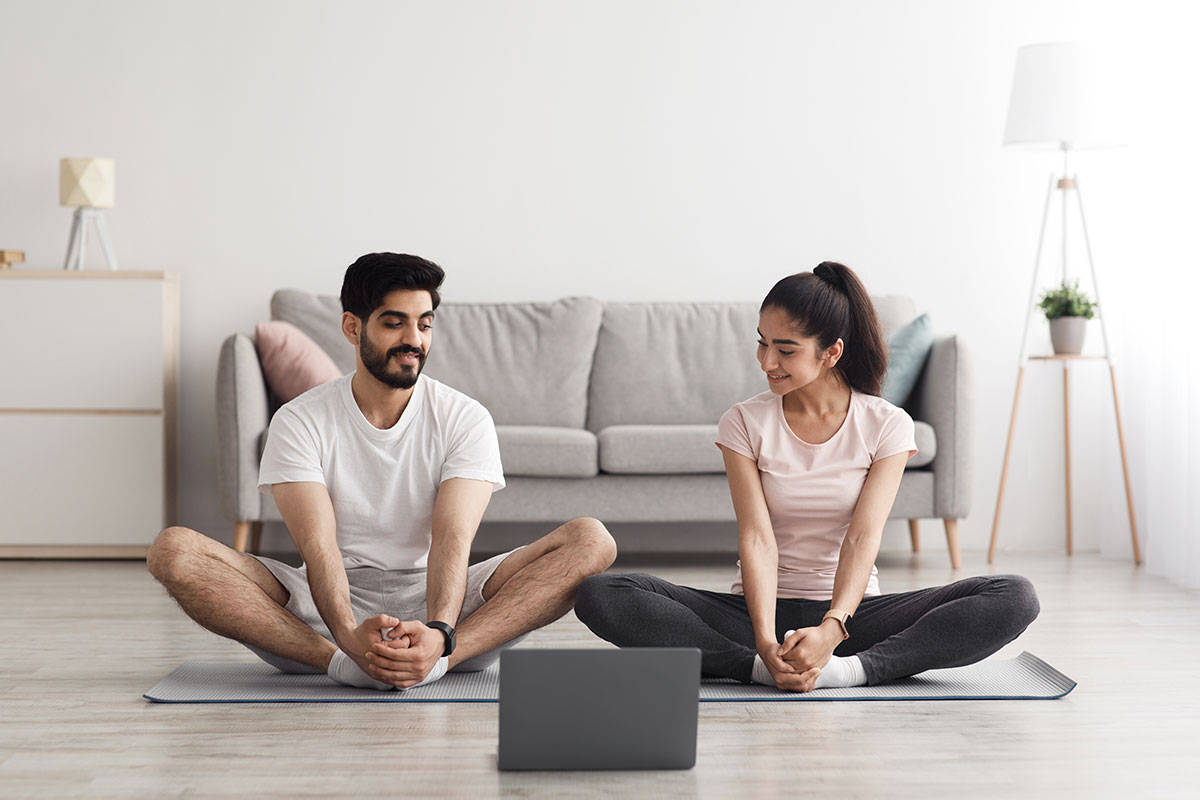
In today’s fast-paced world, where we constantly juggle responsibilities, deadlines, and relationships, it’s easy to fall into the trap of putting everyone else first. But here’s a truth that’s often overlooked: prioritizing yourself is not selfish—it’s essential. Self-care is not just about spa days and bubble baths; it’s about recognizing your own needs and taking steps to meet them so you can show up fully for others and for yourself.
What Is Self-Care, Really?
At its core, self-care is the practice of maintaining your physical, emotional, and mental well-being. It’s about:
- Setting boundaries to protect your energy.
- Giving yourself permission to rest without guilt.
- Taking the time to nurture your passions and dreams.
Self-care isn’t indulgent—it’s a lifeline. It’s the way you recharge your batteries so you can thrive, not just survive.
Why It’s Important to Prioritize Yourself
When you prioritize yourself, you’re not only improving your own life but also positively impacting those around you. Here’s why:
-
You Can’t Pour from an Empty Cup
If you’re constantly giving to others without replenishing your energy, burnout is inevitable. Prioritizing self-care allows you to refill your cup so you can give your best to others without depleting yourself. -
You Set a Healthy Example
When you make self-care a priority, you inspire others—your family, friends, and colleagues—to do the same. You show that it’s okay to put yourself first, creating a ripple effect of healthier, happier people. -
It Improves Mental and Physical Health
Stress takes a toll on both your mind and body. Regular self-care can reduce anxiety, improve focus, and boost your immune system. Think of it as preventative maintenance for your well-being.
Small Acts of Self-Care That Make a Big Difference
You don’t need hours of free time or a big budget to prioritize yourself. Start small with these simple, effective practices:
- Say “No” Without Guilt: Protect your time and energy by learning to say no to things that don’t align with your priorities.
- Practice Mindfulness: Spend a few minutes each day meditating or simply sitting quietly to reconnect with yourself.
- Move Your Body: Whether it’s a walk in the park or a yoga session, physical activity boosts your mood and energy.
- Nourish Your Body: Fuel yourself with healthy, satisfying meals and hydrate throughout the day.
- Unplug: Take breaks from screens to connect with nature or spend time with loved ones.
Breaking the Guilt Cycle

One of the biggest barriers to self-care is guilt. Many of us feel like we’re being selfish or neglecting others when we prioritize ourselves. But here’s the truth: you can’t be everything to everyone all the time. By taking care of yourself, you’re ensuring that you have the energy, patience, and love to give to others.
Reframe self-care as an act of responsibility, not indulgence. When you prioritize your needs, you’re equipping yourself to handle life’s challenges with grace and resilience.
FAQ: Self-Care and Prioritizing Yourself
1. Isn’t self-care selfish?
Not at all! Self-care is about ensuring your own well-being so you can show up as your best self for others. Think of it like putting on your oxygen mask first during a flight emergency—it’s necessary to help others effectively.
2. I don’t have time for self-care. How can I fit it in?
Self-care doesn’t have to take hours. Start small—take five minutes to breathe deeply, enjoy your coffee without distractions, or go for a quick walk. Consistent, small acts add up to big changes.
3. What if people criticize me for prioritizing myself?
It’s common for people to misunderstand at first, especially if they’re used to you always being available. Stay firm in your boundaries and explain that self-care helps you support others more effectively in the long run.
4. What’s the difference between self-care and self-indulgence?
Self-care is about doing what’s necessary to maintain your well-being, while self-indulgence often involves temporary gratification. For example, eating nutritious meals is self-care; binge-eating junk food every day is self-indulgence.
5. How can I practice self-care on a budget?
Self-care doesn’t have to cost a thing. Take a walk, journal your thoughts, meditate, practice gratitude, or enjoy a relaxing bath at home. The key is to focus on activities that restore your energy and bring you joy.
6. What are some quick self-care ideas for busy people?
- Take 10 deep breaths to reset your mind.
- Stretch for 5 minutes to relieve tension.
- Write down three things you’re grateful for.
- Step outside for a few minutes of fresh air and sunlight.
- Listen to your favorite song or podcast for a mood boost.
7. Can self-care improve my relationships?
Yes! When you’re rested, energized, and happy, you’re better equipped to connect with others. Self-care reduces stress, improves patience, and helps you communicate more effectively with loved ones.
Final Thoughts: You Deserve It
Self-care isn’t a luxury; it’s a necessity. It’s not about escaping your responsibilities—it’s about facing them with a renewed sense of energy and clarity. Remember, when you take care of yourself, you’re not only improving your life but also creating a positive impact on the lives of those around you.
So, let go of the guilt and embrace self-care as a vital part of your routine. You’re worth it.
What’s one small step you can take today to prioritize yourself? Let us know in the comments—we’d love to hear from you!



